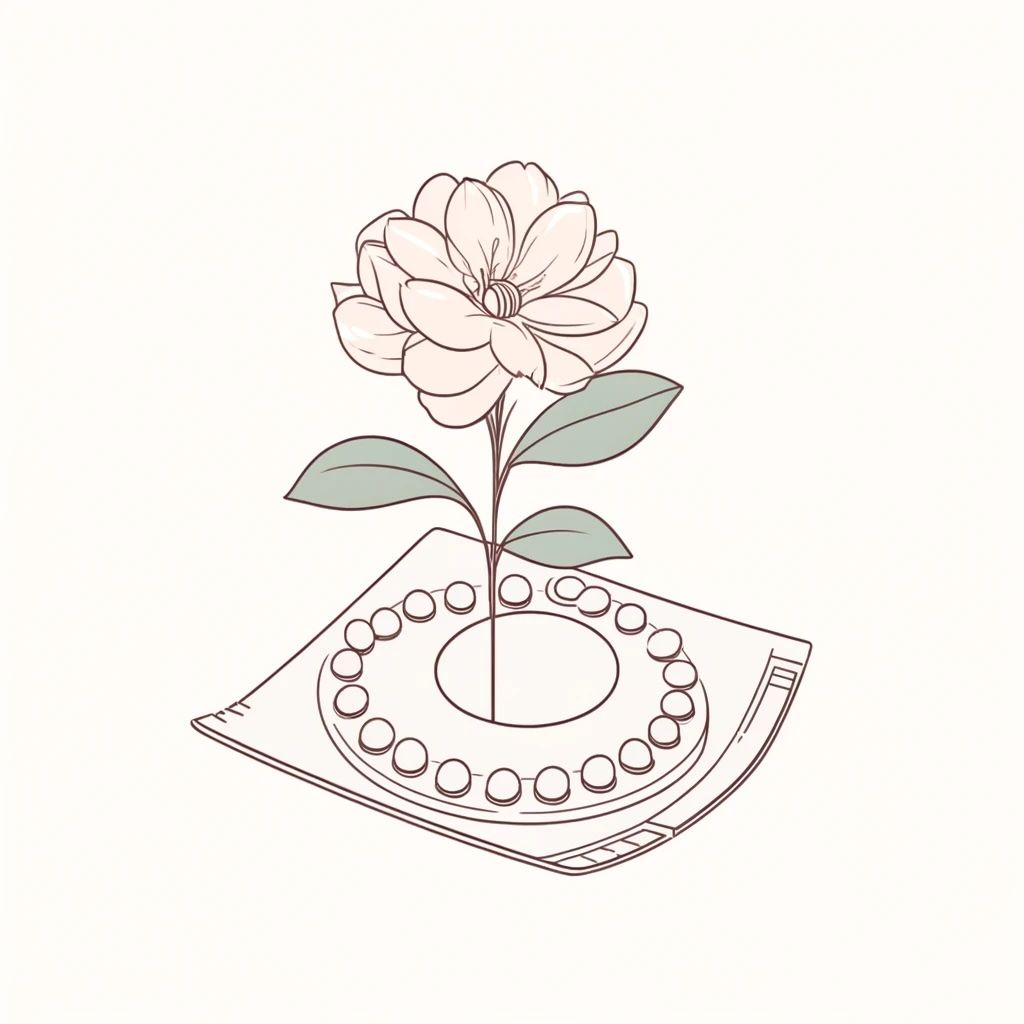ADHD and the Art of Sleeping Well: Tips and Tricks for a Tranquil Night

Key Takeaways
- Importance of a Sleep Sanctuary: Transforming your bedroom into a dark, cool, and quiet space can significantly improve sleep quality. Utilizing soothing music or specific sounds like brown noise can help calm the mind and create an environment conducive to rest.
- Establishing a Consistent Bedtime Routine: For individuals with ADHD, establishing a routine can be challenging, but it's essential for better sleep. Activities like journaling, taking a warm shower, and setting intentions before bed can help in winding down and preparing the body and mind for sleep.
- Being Mindful of Diet and Exercise: Reducing the intake of stimulants like caffeine and sugar, especially in the evening, and timing exercise correctly can make a noticeable difference in sleep quality. Avoiding vigorous evening workouts and instead focusing on calming activities like stretching or meditation can be beneficial.
- Embracing Mindfulness and Reducing Screen Time: Incorporating mindfulness techniques and limiting exposure to screens before bed can aid in relaxing the mind. Techniques like meditation, deep breathing, and progressive muscle relaxation not only help in falling asleep but also contribute to overall emotional regulation.
Living with ADHD can be like navigating a river that's constantly changing its course. I've found that one of the trickiest parts of this journey is dealing with sleep. It's not just about getting enough sleep but finding a way to rest in a world that doesn't seem to stop spinning. That's why I want to share some strategies that have helped me, and might just help you too, to find a better night's rest.
You see, when you have ADHD, your brain often feels like it's on a never-ending marathon. Thoughts race, ideas flash, and staying still seems like an impossible task. This endless energy doesn't just vanish when it's time to sleep. For me, it often felt like my brain was most alive when my body needed rest. And I know I'm not alone in this.
It took me a while to understand why sleep was such a challenge. ADHD doesn't just affect focus and hyperactivity; it impacts the intricate workings of our brain chemistry, like the delicate dance of dopamine that regulates our sleep-wake cycles. Medications, anxiety, and the simple unpredictability of life with ADHD add layers of complexity to this already intricate puzzle.
So, how did I start to untangle this web?
Tips for a Better Night's Rest for an ADHDer
1. Crafting a Sleep Sanctuary: My bedroom transformation was the first step. Keeping it dark, cool, and quiet turned it into a haven for rest. Sometimes, the soothing music of a Sleep Sounds playlist was all I needed to mute the world.
2. A Consistent Bedtime Routine: This was a tough one. As someone with ADHD, routines can feel like a foreign concept. But consistency here is crucial. I found solace in journaling, a warm shower, and some quiet intention setting before bed.
3. Mindful of Stimulants:
Cutting down on caffeine and sugar or just late-night eating, made a noticeable difference. It was about listening to my body and understanding its reactions.
4. Timed Exercise: Exercise is vital, but timing is key. I learned to avoid evening workouts as they often left me more energized when I needed calm. Instead, if I have the energy to burn or want to squeeze in a late workout, I’ll focus on stretching and meditation.
5. Natural Wakefulness: I used to rely on loud, jarring alarm clocks, but over time, I trained my body to wake up at a set time naturally. Each night, I'd visualize the time I wanted to wake up, gently nudging my internal clock. This didn't happen overnight, but with patience and consistency, I now wake up feeling more refreshed and ended the war with my alarm clock.
6. Embracing Mindfulness: Techniques like meditation, deep breathing, and progressive muscle relaxation became more than just sleep aids; they became instruments of self-discovery and emotional regulation.
7. Limiting Screen Time: Reducing exposure to screens and their sleep-stealing blue light before bed helped my mind wind down more naturally.
Yet, even with all these strategies, there are nights when sleep eludes me. And that's okay. It's part of the journey. What matters is the commitment to trying, to understanding your own rhythm and needs that ebbs and flows with the seasons of life.
For those tough nights and relentless thoughts, remember, it's okay to seek professional help. There's no shame in needing guidance to navigate these waters. A sleep specialist, or simply talking it out can make a world of difference.
In sharing these tips, I hope that they offer you some comfort and guidance. Our paths with ADHD might be unique, but in sharing our experiences, we find strength and solutions. So tonight, as you prepare for sleep, remember that each step you take is a part of your journey to peace and self-discovery.
In sharing these insights and personal experiences, my hope is that you find encouragement and exciting possibilities. Our journeys with ADHD are as unique as we are, but in our struggles and triumphs, we find common ground. So, as you lay your head down tonight, remember that you're not alone in this. And each small step you take towards better sleep is a victory in its own right. Remember, the stars shine brightest in the darkest of nights. Your journey to better sleep is more than just about rest; it's about discovering your inner strength and resilience. Here's to peaceful nights and empowering days, to the growth we find in our struggles, and to the journey we share.




